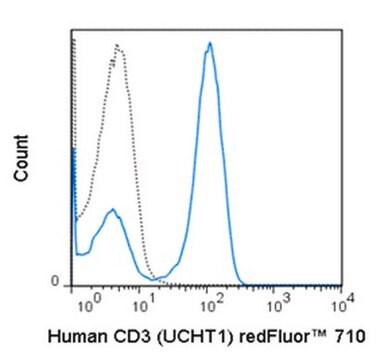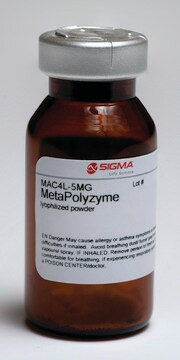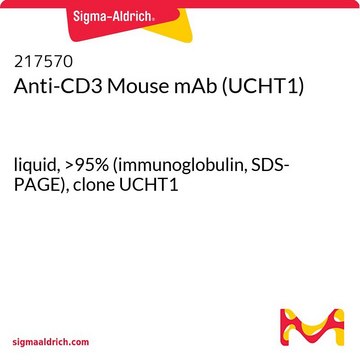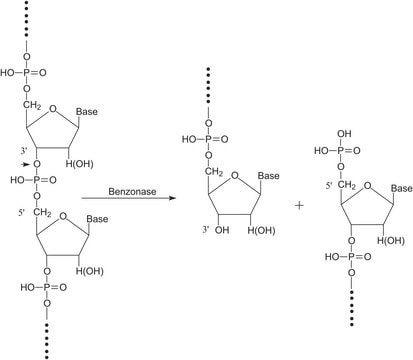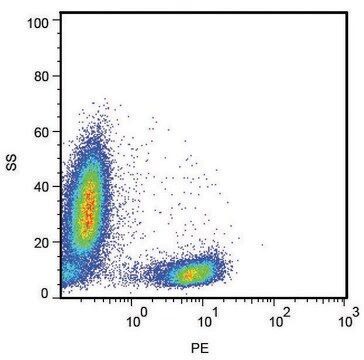C7831
Anti-CD28 antibody, Mouse monoclonal
clone CD28.2, purified from hybridoma cell culture
Sinônimo(s):
Monoclonal Anti-CD28
About This Item
Produtos recomendados
fonte biológica
mouse
conjugado
unconjugated
forma do anticorpo
purified immunoglobulin
tipo de produto de anticorpo
primary antibodies
clone
CD28.2, monoclonal
Formulário
buffered aqueous solution
peso molecular
antigen 44 kDa
reatividade de espécies
human, rhesus monkey
técnica(s)
flow cytometry: 5 μL using 1 × 106 cells
immunocytochemistry: suitable
immunohistochemistry (frozen sections): suitable
Isotipo
IgG1
nº de adesão UniProt
Condições de expedição
wet ice
temperatura de armazenamento
2-8°C
modificação pós-traducional do alvo
unmodified
Informações sobre genes
human ... CD28(940)
Procurando produtos similares? Visita Guia de comparação de produtos
Descrição geral
Especificidade
5th Workshop: code no. CD28.05.
Imunogênio
Aplicação
- Flow cytometry at a dilution of 5μL using 1 × 106 cells
- Immunocytochemistry
- Immunohistochemistry (frozen sections)
Ações bioquímicas/fisiológicas
Descrição-alvo
forma física
Exoneração de responsabilidade
Não está encontrando o produto certo?
Experimente o nosso Ferramenta de seleção de produtos.
Código de classe de armazenamento
10 - Combustible liquids
Classe de risco de água (WGK)
WGK 3
Ponto de fulgor (°F)
Not applicable
Ponto de fulgor (°C)
Not applicable
Escolha uma das versões mais recentes:
Já possui este produto?
Encontre a documentação dos produtos que você adquiriu recentemente na biblioteca de documentos.
Nossa equipe de cientistas tem experiência em todas as áreas de pesquisa, incluindo Life Sciences, ciência de materiais, síntese química, cromatografia, química analítica e muitas outras.
Entre em contato com a assistência técnica

